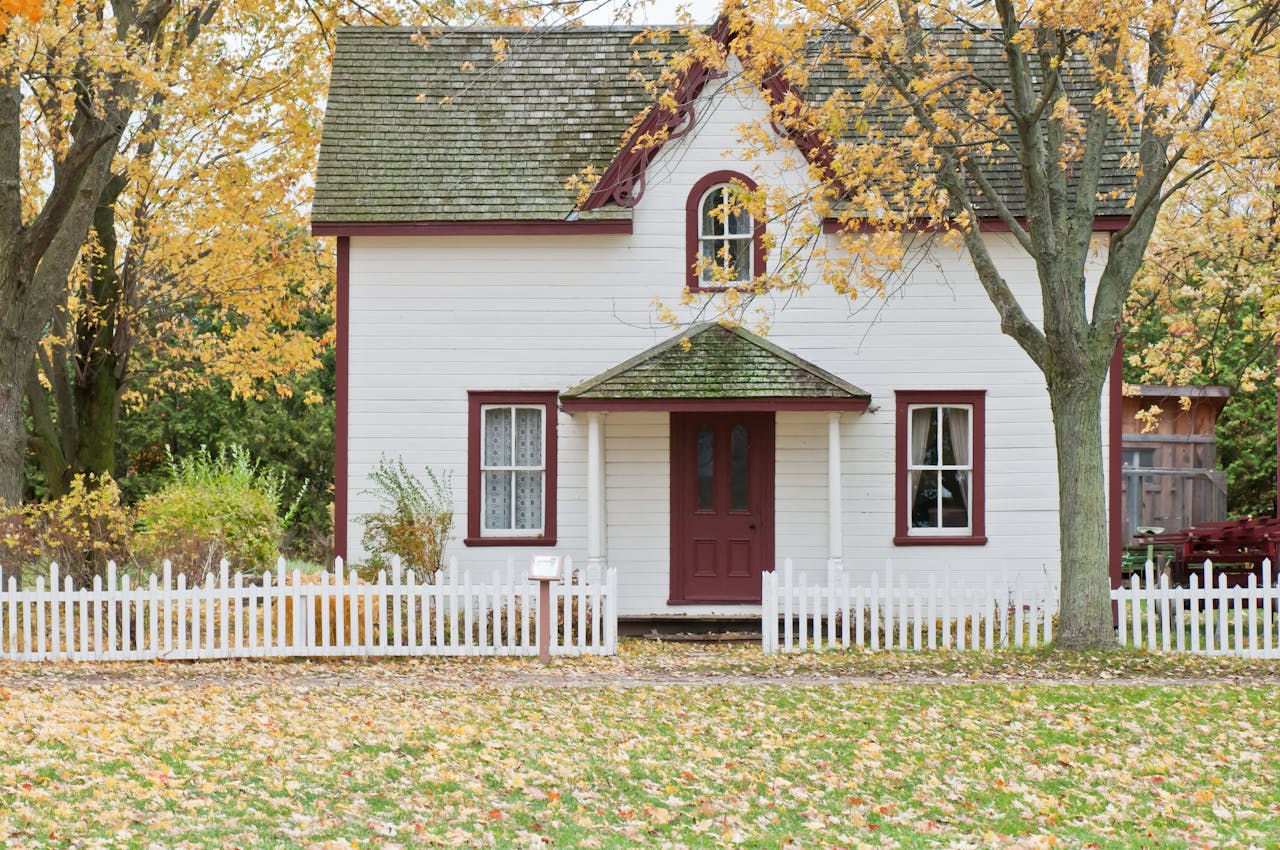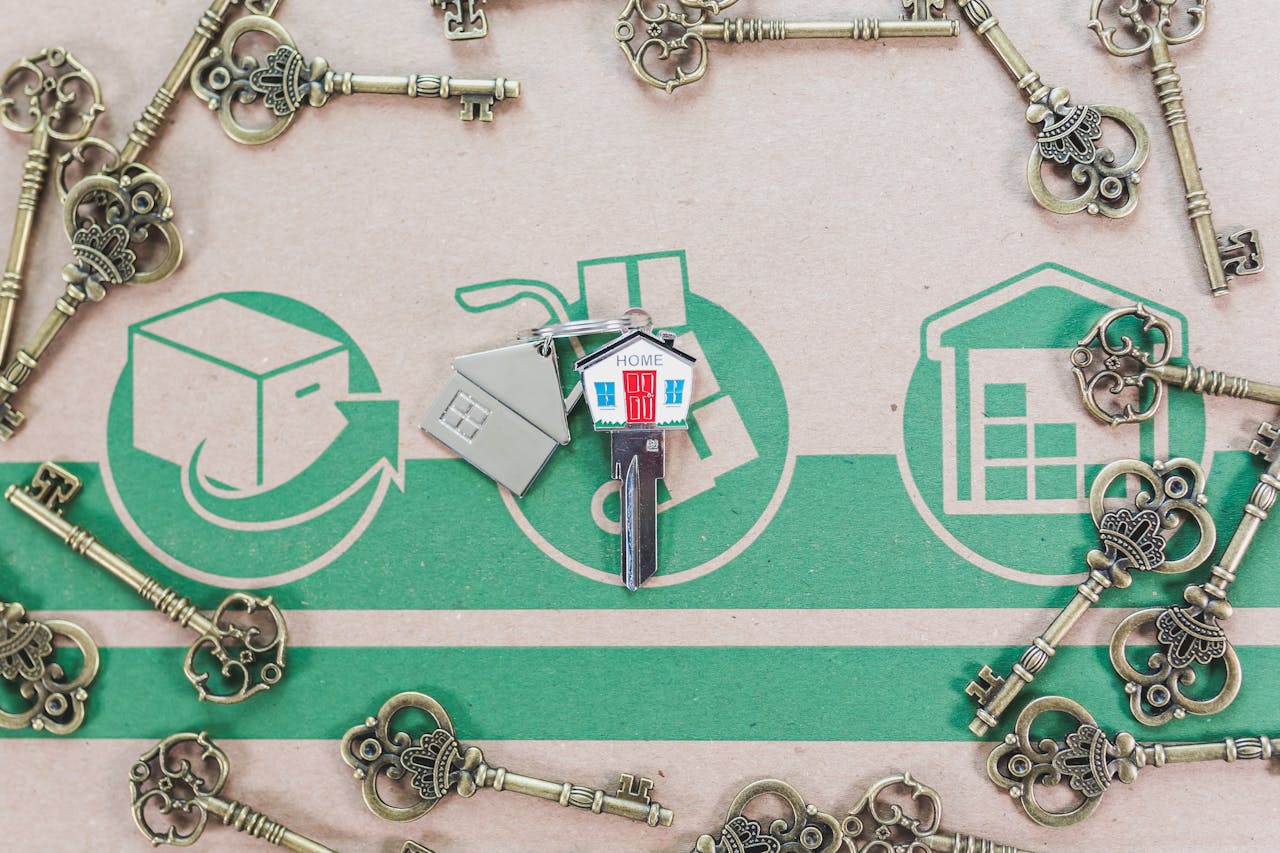Homeownership Dreams: What Each Generation Thinks About Buying Property

The dream of homeownership has been a cornerstone of the American Dream for generations, but perspectives on buying property have evolved significantly over the years. Each generation brings its unique values, challenges, and expectations to the table when it comes to homeownership. Here, we will explore how Baby Boomers, Millennials, and Gen Z perceive the idea of owning a home, highlighting the differences and commonalities in their views and aspirations. Understanding these perspectives can shed light on the current housing market and the future of homeownership.
Baby Boomers: Values and Expectations in Homeownership

Baby Boomers, typically defined as those born between 1946 and 1964, grew up during a time of economic prosperity and significant social change. For this generation, homeownership often represents not just a financial investment but also a foundational aspect of their identity and stability.
1. Stability and Investment

For Baby Boomers, homeownership represents stability and a solid investment. Many Boomers view their homes as a critical part of their financial portfolio, providing security in retirement. This generation often prioritizes buying property in established neighborhoods with good schools and amenities.
2. Downsizing Trends

As Boomers enter retirement age, many are considering downsizing their homes. This trend often reflects a desire for simpler living and reduced maintenance costs. Smaller homes or condos are becoming attractive options, allowing them to free up equity for travel or leisure activities.
3. Emotional Attachment

Boomers frequently have a strong emotional connection to their homes, as many have lived in the same house for decades. This attachment often influences their decision to renovate or invest in home improvements, reflecting their desire to maintain family traditions and legacies.
4. Market Challenges

While many Boomers have benefitted from rising property values, some face challenges in the current market. Economic fluctuations and rising interest rates may impact their ability to sell their homes or buy new properties, leading to concerns about their financial security.
5. Legacy Considerations

Baby Boomers often consider the legacy they will leave for their children or grandchildren. Many want to ensure that their homes are passed down through generations, highlighting the emotional and financial importance of homeownership within the family structure.
Millennials: Challenges and Aspirations in Homeownership

Millennials, born between 1981 and 1996, are often characterized by their unique experiences shaped by economic challenges, technology, and shifting cultural norms. For this generation, the path to homeownership is often more complicated, influenced by factors like student debt and changing lifestyle preferences.
1. Student Debt Impact

Millennials face significant challenges when it comes to homeownership, particularly due to student loan debt. Many in this generation are prioritizing paying off their loans before committing to buying a home, which can delay their entry into the housing market.
2. Urban Living Preferences

Unlike previous generations, many Millennials prefer urban living, favoring walkable neighborhoods with access to public transportation, restaurants, and entertainment. This desire for city life often results in higher property prices, making homeownership more challenging.
3. Emphasis on Sustainability

Millennials are more environmentally conscious than previous generations, and this perspective influences their homebuying decisions. Many seek properties with energy-efficient features or sustainable building practices, reflecting their commitment to reducing their carbon footprint.
4. Technology Integration

This generation values technology and innovation in their homebuying experience. Millennials often rely on digital platforms for researching properties, virtual tours, and online mortgage applications, making the process more convenient and efficient.
5. Flexibility and Rental Trends

Many Millennials are opting for flexibility in their living situations, leading to an increase in rental preferences. Some prioritize experiences over ownership, viewing renting as a way to explore different locations and lifestyles without the commitment of a mortgage.
Gen Z: Emerging Perspectives on Homeownership

Gen Z, typically born from the late 1990s to the early 2010s, is the first generation to grow up with technology integrated into every aspect of life. This generation’s views on homeownership are influenced by their unique experiences, values, and the current economic landscape, leading to a fresh perspective on what owning a home means.
1. Financial Awareness

Gen Z is showing a heightened awareness of financial literacy, with many actively seeking knowledge about homeownership early on. They understand the importance of saving and budgeting, often using apps and online resources to manage their finances.
2. Value of Community

This generation places a strong emphasis on community and belonging. When considering homeownership, Gen Z often looks for neighborhoods that foster a sense of community, featuring amenities such as parks, social events, and public spaces.
3. The Importance of Affordability

With many Gen Z individuals just entering the workforce, affordability is a primary concern. They are more likely to prioritize lower-cost housing options, such as starter homes or townhouses, over larger, more expensive properties.
4. Influence of Social Media

Social media plays a significant role in shaping Gen Z’s views on homeownership. Platforms like Instagram and TikTok often showcase lifestyle influencers sharing their home-buying journeys, inspiring this generation while also raising expectations regarding property aesthetics and lifestyle.
5. Potential for Remote Work

The rise of remote work has shifted Gen Z’s perspective on where they want to live. Many are considering less expensive areas outside major cities, seeking homes with enough space for both living and working, thus expanding their options for homeownership.
Final Thoughts

The dream of homeownership continues to evolve, shaped by the unique experiences and values of each generation. Baby Boomers often view their homes as a source of stability and legacy, while Millennials face the challenges of student debt and urban living preferences. Gen Z, on the other hand, approaches homeownership with financial awareness and a desire for community. Understanding these generational perspectives can help inform the housing market and provide insights for potential buyers as they navigate the complexities of homeownership in today’s world.
Leave a Reply